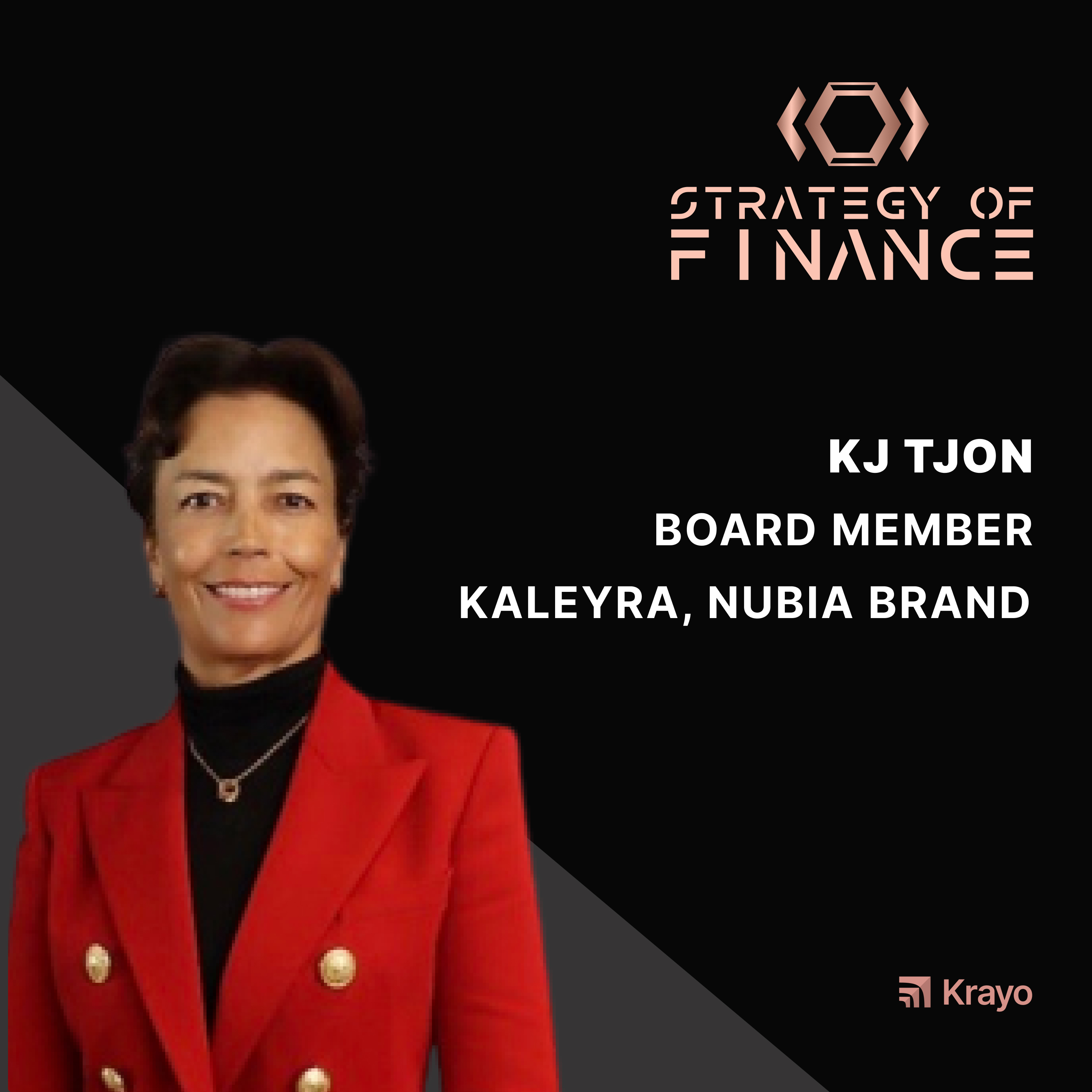In this episode, Harsh Joshi, founder and CEO of DAO Studio, discusses artificial intelligence (AI) and its applications. He shares his background in the AI space and the projects he has worked on. Harsh explains that AI is the process of making a system learn certain behaviors and respond accordingly. He discusses the integration of hardware and software in AI systems and the importance of neural networks as function approximators. Harsh also touches on the concepts of pre-training and fine-tuning in AI models, as well as the use of large language models (LLMs) and diffusion models for image and text generation. He explains the role of RAG (retrieval augmented generation) in AI architectures and the challenges of prompt engineering, MLOps, and AIOps. The adoption of AI in businesses is still limited due to several reasons, including controllability, explainability, and decomposability. These fundamental problems hinder the ability to ensure quality assurance, governance, and liability. Privacy is another concern that businesses struggle with when deploying AI systems. Open source models are gaining popularity in the AI space because they provide transparency, collaboration, and the ability to iterate and improve. However, open source initiatives by big corporates are driven by economic opportunities rather than social benefits. The deployment of AI at scale requires a collaborative approach involving subject matter experts, product teams, software engineers, and finance teams. YOJN.ai, a product by DAO Studio, aims to simplify AI deployment, improve transparency, and provide control and fine-tuning capabilities. CFOs and finance teams can benefit from YOJN by gaining better visibility into costs, returns, and modeling, as well as ensuring transparency in pricing and deployment.
Takeaways
- AI is the process of making a system learn certain behaviors and respond accordingly.
- Neural networks are used as function approximators in AI systems.
- Pre-training and fine-tuning are techniques used in AI models.
- Large language models (LLMs) and diffusion models are used for image and text generation.
- RAG (retrieval augmented generation) is a technique used in AI architectures.
- Controllability, explainability, and decomposability are fundamental problems that hinder the adoption of AI in businesses.
- Privacy is a concern for businesses when deploying AI systems.
- Open source models are gaining popularity in the AI space due to transparency, collaboration, and the ability to iterate and improve.
- The deployment of AI at scale requires collaboration between subject matter experts, product teams, software engineers, and finance teams.
- YOJN.ai simplifies AI deployment, improves transparency, and provides control and fine-tuning capabilities for CFOs and finance teams.
---
Quotes
"AI is more of a marketing term, but if you think about it, it's about making systems learn behaviors and respond to stimuli."
"When you talk about artificial intelligence, it’s all about making systems intelligent and the challenge is, can these systems self-learn?"
"The AI systems that are all the rage today, which scale well and generalize well, are neural networks, which are essentially function approximators."
"The whole idea of thinking hardware separate, software separate doesn’t really make sense when you’re talking about artificial intelligence."
"The magic of AI lies in its ability to approximate functions and form decision boundaries within data."
"Prompt engineering is a field that's gonna go away as fast as it has come."
"I don't think prompt engineering actually moves any significant needle."
"The challenge with AI systems is that they are not decomposable or deterministic, making them difficult to control and explain."
"Open source is the new favorite word of the day for every company, and everyone has their selfish motives around it."
"Privacy will always be a problem, and it should be. It's all for the good reasons."
"With AI, your entire business would need to be involved because it's not just a research problem, it's a business problem in the end."
"The difference between you calling your engineer to show a demo to your board members and your AI system being consumed daily by your customers is MLOps."
"The first step of governance is being able to explain something; without explainability, you cannot govern it."
"As AI systems evolve, there will be a continuous focus on reliability and better QA systems to really take advantage of AI."
"You won't create a good AI system in one day. It's an iterative approach that requires the involvement of the entire business."
"AI applications are all about the context; if the context is gone, it's just garbage in, garbage out."
---
Where to find Harsh Joshi:
Website: https://www.daostudio.in/
LinkedIn: https://www.linkedin.com/in/getharsh/
X: https://x.com/getHarshOnline
---
Where to find Rohit:
Email: [email protected]
Sponsor:
This show is brought to you by Krayo - the Unified Operating System for Corporate Spend. Krayo is bringing together the whole journey of Corp Spend - Buy > Pay > Manage - into one single platform in an intelligence-first and automated design. We promise to make you more profitable. Visit at https://www.krayo.io/

Priya shares her journey from being an engineer to becoming a founder and the challenges she faced along the way. She discusses the importance...

In this engaging conversation, Tim Smith, a renowned expert in pricing, delves into the critical role of pricing as a strategic imperative for companies....

This episode of the SoF podcast features a discussion with the very dynamic, energetic, and always-smiling KJ Tjon - a seasoned senior finance executive...